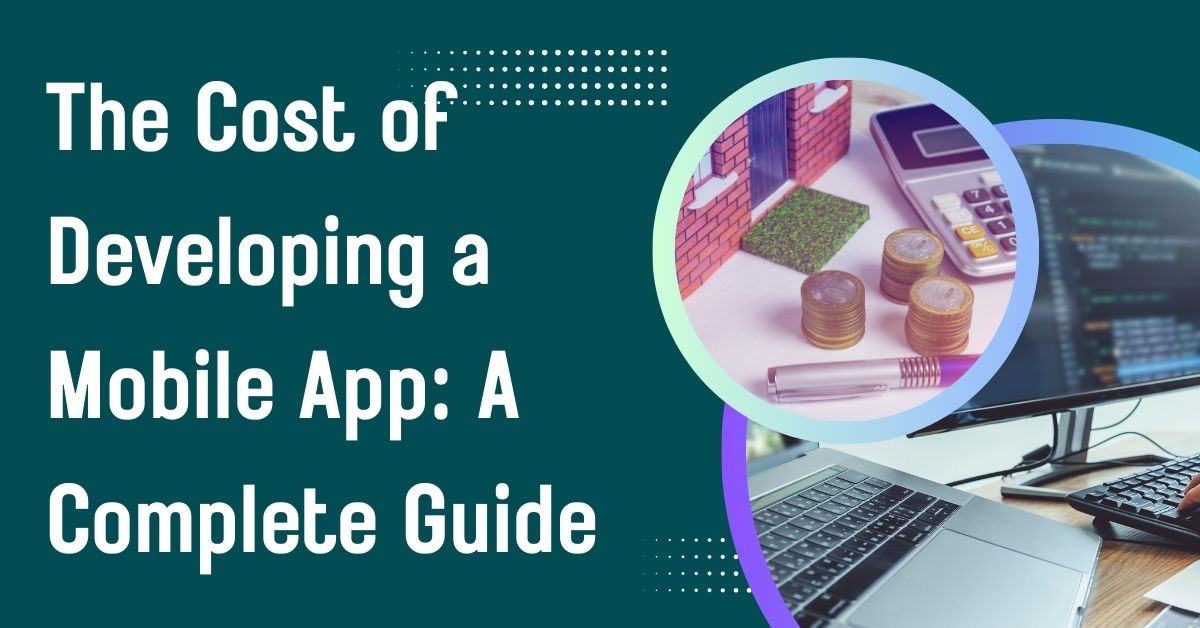Mobile apps have become an integral part of our daily lives, revolutionizing how we communicate, work, and play. But behind every successful app lies a complex web of planning, development, and, of course, costs. In this guide, we’ll delve deep into the world of mobile app development costs, providing you with all the information you need to navigate this intricate landscape successfully.
Understanding the Basics: What Factors Affect Mobile App Development Costs?
Before diving into specifics, it’s essential to understand the key factors that influence the cost of developing a mobile app. From the complexity of the app to the choice of platform, various elements can impact the overall expense.
App Complexity: Simple vs. Complex Apps
The complexity of your app is perhaps the most significant factor determining its development cost. Simple apps with basic functionalities will naturally cost less to develop than complex, feature-rich applications.
Platform: iOS, Android, or Both?
Deciding which platform(s) to target—iOS, Android, or both—can significantly affect your development costs. Each platform has its own set of requirements and development tools, which can influence the overall budget.
Breaking Down the Costs: What Goes Into the Development Budget?
Now that we’ve covered the fundamental factors, let’s take a closer look at the various components that make up a typical mobile app development budget.
Development Team Expenses
Your development team is arguably the most critical aspect of your app project. From designers and developers to project managers, hiring the right talent is essential but can also be costly.
App Design Costs
A visually appealing and user-friendly design is crucial for the success of any mobile app. Investing in high-quality design services can elevate your app’s user experience but may come with a higher price tag.
Backend Development Costs
The backend of your app, including servers, databases, and APIs, is responsible for powering its core functionalities. Backend development costs can vary depending on the complexity of your app’s features and infrastructure requirements.
Planning for the Future: Post-Launch Maintenance and Updates
Launching your app is just the beginning of its journey. To ensure its long-term success, you’ll need to budget for ongoing maintenance, updates, and support.
Maintenance Costs
Regular maintenance is essential to keep your app running smoothly and bug-free. Budgeting for ongoing maintenance ensures that your app remains competitive and relevant in an ever-evolving market.
Updates and Enhancements
As technology advances and user expectations evolve, updating your app with new features and enhancements is crucial. Allocating resources for regular updates ensures that your app stays ahead of the curve and continues to delight users.
Conclusion: Navigating Mobile App Development Costs with Confidence
In conclusion, understanding the various factors that influence mobile app development costs is essential for planning and budgeting effectively. By considering factors such as app complexity, platform choice, and ongoing maintenance, you can ensure that your app project stays on track and within budget.
FAQs
-
What is the average cost of developing a mobile app?
- The cost of developing a mobile app can vary widely depending on factors such as complexity, platform, and location. On average, however, a simple app can cost anywhere from $5,000 to $50,000, while more complex applications can range from $50,000 to $500,000 or more.
-
How long does it take to develop a mobile app?
- The development timeline for a mobile app can vary depending on factors such as complexity, features, and team size. On average, however, a simple app can take anywhere from three to six months to develop, while more complex applications may take a year or longer.
-
What are some ways to reduce mobile app development costs?
- There are several strategies you can employ to reduce mobile app development costs, including prioritizing features, outsourcing development to cost-effective locations, and leveraging open-source technologies.
-
Do I need to budget for marketing and promotion in addition to development costs?
- Yes, marketing and promotion are essential components of a successful app launch. It’s essential to budget for marketing activities such as app store optimization, social media advertising, and influencer partnerships to ensure your app reaches its target audience.
-
What are some common pitfalls to avoid when budgeting for mobile app development?
- Some common pitfalls to avoid when budgeting for mobile app development include underestimating costs, failing to account for ongoing maintenance and updates, and neglecting to allocate resources for marketing and promotion.


